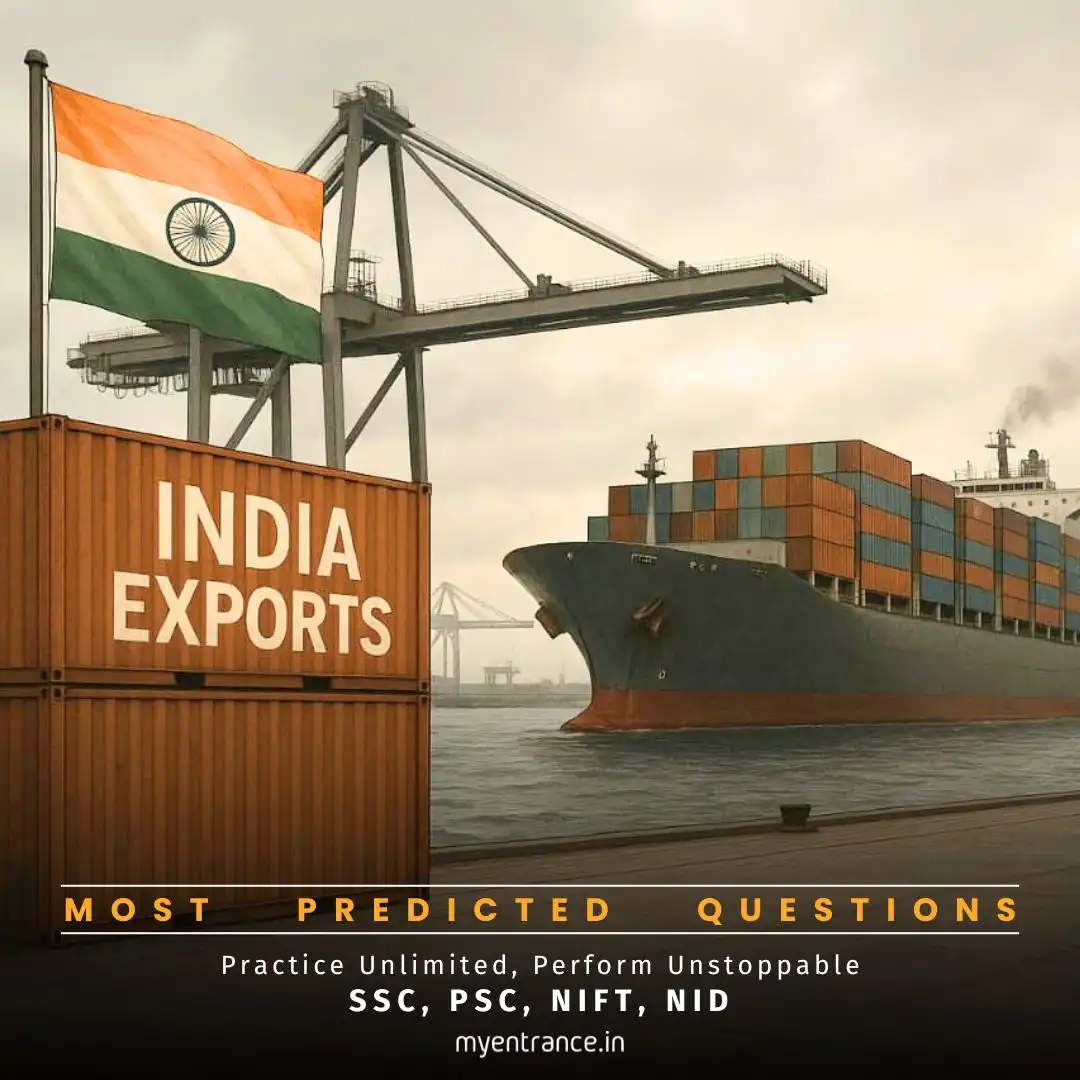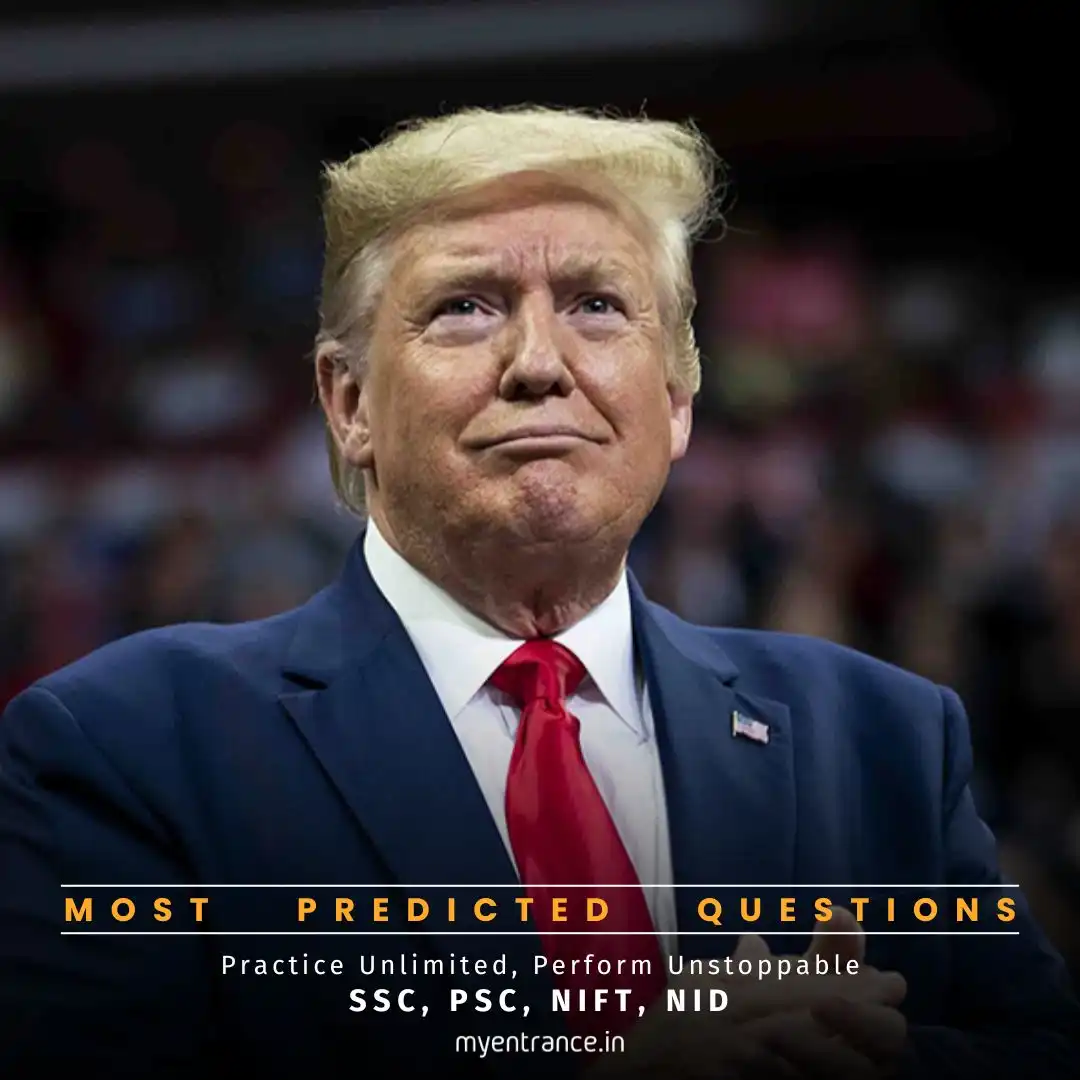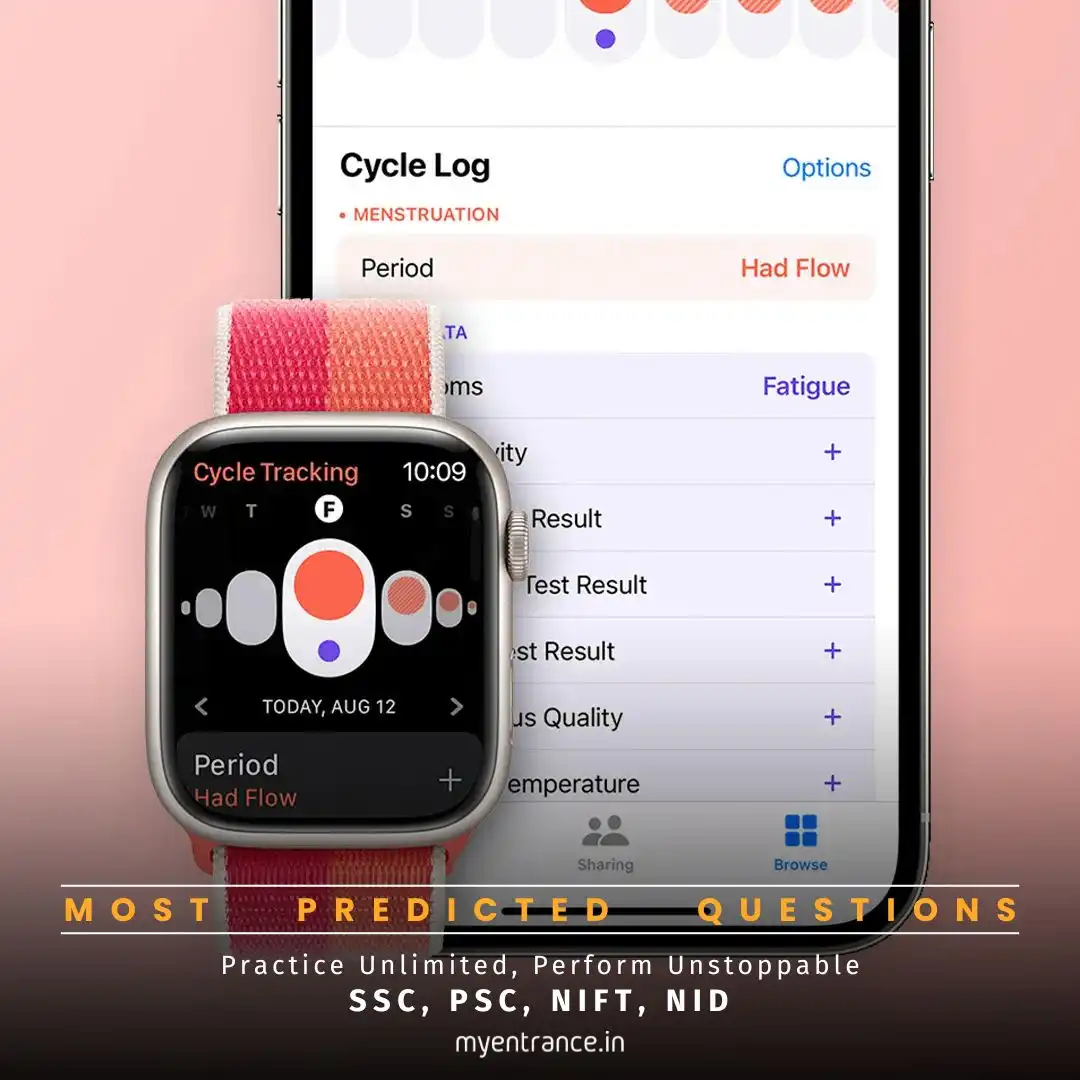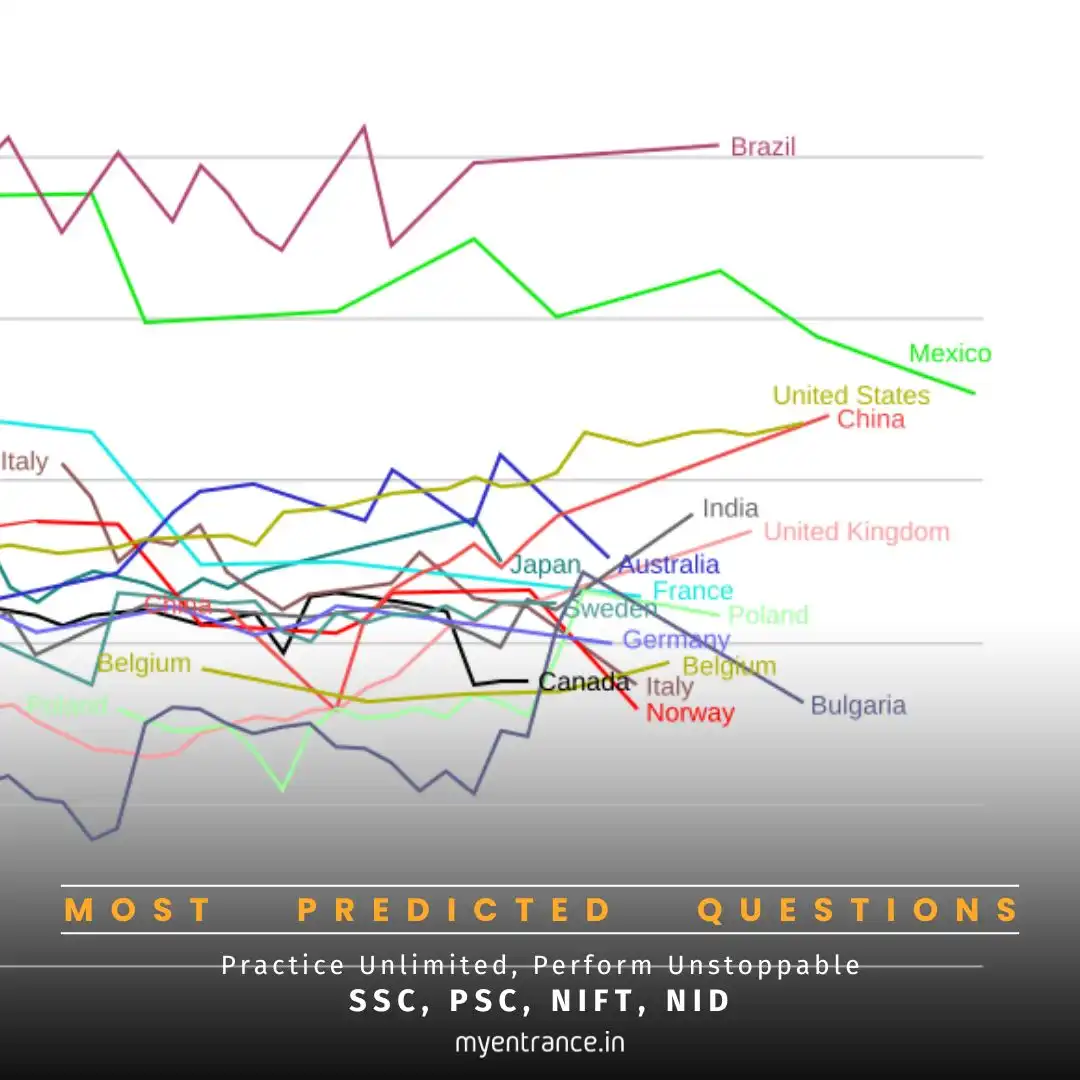Select Language
How Do US Tariffs on Japan & South Korea Impact India’s Trade?
The US has imposed 25% tariffs on Japan and South Korea, reigniting global trade tensions. As India seeks an extended deadline for trade negotiations, this issue becomes critical for competitive exams covering international relations and economics.

What’s Happening?
Two days before the July 9 deadline, President Trump announced 25% tariffs on imports from Japan and South Korea, effective August 1. This move challenges existing trade agreements and could reshape global supply chains, especially in electronics and automobiles.
Key Points to Understand:
What Are Tariffs?
Tariffs are taxes imposed on imported goods, often to protect domestic industries or pressure trading partners.
Why Impose Tariffs?
Countries use tariffs to reduce trade deficits, protect local jobs, or retaliate in trade disputes.
WTO Principle at Risk:
Selective tariffs violate the Most Favored Nation (MFN) principle, which mandates equal treatment for all WTO members.
Impact on Japan & South Korea:
Short-term effects include higher prices for US consumers and potential disruptions in tech/auto sectors.
India’s Position:
India is negotiating an extended deadline (August 1) for a limited trade deal with the US, excluding contentious areas like agriculture.
Key Takeaways:
The US has only finalized agreements with the UK and Vietnam so far.
India aims for a mini trade deal covering goods, avoiding sensitive sectors.
Agriculture remains a sticking point, with India refusing to compromise.
Missed deadlines could revert tariffs to April 2 levels, affecting minor trade partners.
Did You Know?
India’s negotiators, led by Rajesh Aggarwal, returned from US talks without a final deal.
The US claims the August 1 deadline is a “soft limit” to accelerate negotiations.
Sample Q&As for Exams:
1. What are tariffs, and why does the US impose them?
Ans: Tariffs are taxes on imports. The US uses them to protect domestic industries and address trade imbalances.
2. Which WTO principle is violated by selective tariffs?
Ans: The Most Favored Nation (MFN) principle, ensuring equal treatment for all member countries.
3. How might India benefit from US trade tensions with Japan/South Korea?
Ans: India could attract diverted investments or trade partnerships as supply chains shift.
4. Why is agriculture a contentious issue in India-US trade talks?
Ans: India protects its farming sector, while the US pushes for greater market access.
5. What happens if India misses the August 1 deadline?
Ans: The US may revert to higher April 2 tariff rates, though India’s impact may be limited.
Why Is This Important for Exams?
UPSC/PSC: Covers GS-II (International Relations) and current affairs.
SSC/Bank Exams: Questions on global economics and trade policies.
NID/NIFT/FDDI: General awareness sections often include international trade trends.
Understanding tariffs and trade dynamics helps aspirants tackle MCQs, essays, and interviews effectively.
Get 3 Months Free Access for SSC, PSC, NIFT & NID
Boost your exam prep!
Use offer code WELCOME28 to get 3 months free subscription. Start preparing today!















